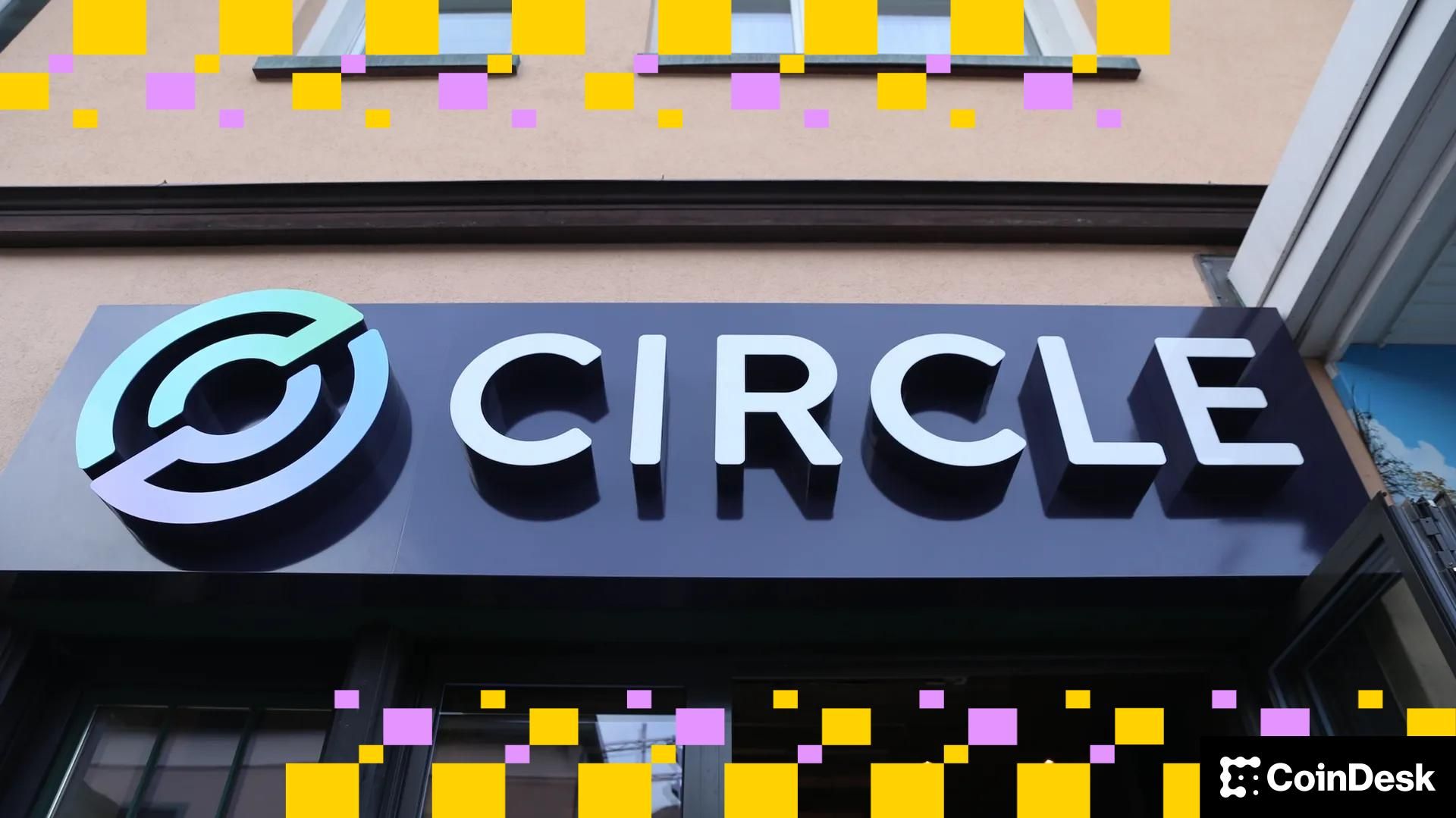
ClearBank, a crypto-friendly neobank and controlled supplier of Quicker Funds within the U.Ok., plans to hitch the Circle Funds Community (CPN), linking its cloud-native banking platform to Circle’s blockchain-based infrastructure to hurry up cross-border funds and supply entry to regulated stablecoins.
The transfer follows a brand new strategic settlement between the U.Ok.-founded clearing financial institution and Circle Web Group, the corporate behind the USDC and EURC stablecoins. ClearBank will develop into one of many first European banks to combine with CPN, permitting shoppers to switch funds globally at near-instant velocity whereas sustaining regulatory transparency, in line with a press launch.
It’s an attention-grabbing transfer as a result of ClearBank was reportedly seeking to deliver its personal stablecoin to the desk. Nonetheless, studying between the strains, coping with the likes of the Financial institution of England has not been a straightforward elevate.
There’s heaps taking place relating to the stablecoins for funds use case. Since Circle launched its CPN again in April of this 12 months, the agency’s foremost income sharing accomplice, Coinbase, has joined the celebration with a stablecoin-driven funds providing
The ClearBank collaboration facilities on increasing entry to Circle Mint, a platform that permits monetary establishments to mint and redeem USDC and EURC. Each tokens are absolutely reserved and designed to adjust to Europe’s new Markets in Crypto-Belongings (MiCA) regulation.
ClearBank mentioned it should additionally discover new use circumstances with Circle, together with stablecoin-based treasury providers and tokenized asset settlements. These developments may make routine monetary operations—similar to company funds or worldwide remittances—sooner and cheaper by decreasing reliance on legacy banking rails.
Mark Fairless, ClearBank’s CEO, known as the partnership a “milestone” within the firm’s efforts to modernize cross-border finance, whereas Circle’s VP for EMEA partnerships, Sanja Kon, mentioned the collaboration will increase entry to “open, programmable cash” in Europe’s monetary system.




